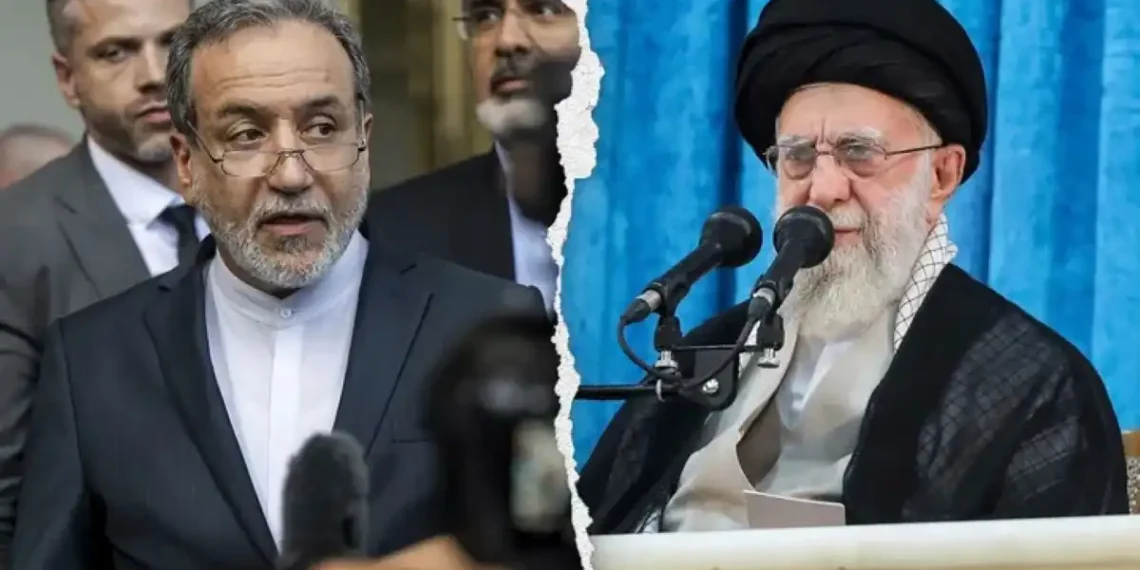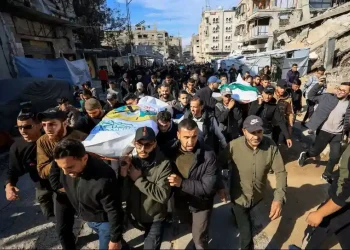Iran Admits ‘Serious Damage’ to Nuclear Sites After U.S. Strikes, Contradicting Supreme Leader
Iran’s foreign minister has confirmed what international inspectors and intelligence reports have already suggested: U.S. strikes caused significant damage to Iran’s nuclear facilities — despite Supreme Leader Ayatollah Ali Khamenei publicly downplaying the impact.
In a rare moment of candor on state TV, Foreign Minister Abbas Araghchi admitted that the U.S. attacks left Iran’s nuclear infrastructure heavily compromised.
“The level of damage is high, and it’s serious damage,” Araghchi said, according to the Associated Press.
His statement directly contradicts Khamenei’s earlier remarks, in which the supreme leader insisted the American operation had “failed to achieve anything significant.” The ayatollah’s messaging appeared more focused on projecting strength than acknowledging the situation on the ground.
Reality on the Ground: Damage Confirmed
Independent assessments support Araghchi’s version. The International Atomic Energy Agency (IAEA) confirmed on Tuesday that inspectors had found “extensive damage at several nuclear sites” in Iran — specifically noting impacts to both uranium conversion and enrichment facilities.
Post-strike intelligence has also shown that both U.S. and Israeli operations — Operation Midnight Hammer and Operation Rising Lion, respectively — inflicted damage that could take Iran’s nuclear program months, if not years, to fully recover from.
Despite this, Khamenei remains defiant. He touted Iran’s retaliatory missile strike on Al-Udeid Airbase in Qatar as a major show of strength — calling it a “heavy slap to the U.S.’s face.” President Donald Trump, however, dismissed the response as a “very weak” gesture and sarcastically thanked Iran for giving advance warning.
Where Do Nuclear Talks Stand Now?
While the military strikes have undoubtedly complicated U.S.–Iran relations, diplomatic channels may not be entirely closed.
Araghchi admitted that the path to negotiations has become “more complicated and more difficult,” but he didn’t rule out the possibility of eventually returning to the table.
That said, tensions were already high before the latest round of hostilities. Iran had accused the U.S. of being “complicit” in Israel’s covert operation, and officials in Tehran were already skeptical about engaging in new talks.
Trump Sends Mixed Signals on Future Diplomacy
In a statement on Wednesday, President Trump struck a characteristically unpredictable tone. While expressing openness to future talks, he also downplayed their importance.
“We’re going to talk to them next week, with Iran. We may sign an agreement, I don’t know. To me, I don’t think it’s that necessary,” Trump said.
“They had a war. They fought. Now they’re going back to their world. I don’t care if I have an agreement or not. The only thing we would be asking for is what we were asking for before — we want no nuclear [program]. But we destroyed the nuclear.”
Despite the bravado, there’s currently no official confirmation of any upcoming meetings between the two countries.
What’s Next?
With tensions high and trust low, the future of U.S.–Iran nuclear diplomacy remains uncertain. While Iran acknowledges the toll of U.S. strikes, political leaders on both sides continue to send mixed signals — balancing pressure and posturing with hints of possible negotiation.
What’s clear for now is that Iran’s nuclear program has taken a hit — one that Tehran can’t fully deny, no matter how hard its supreme leader tries to project invulnerability.
This article was rewritten by JournosNews.com based on verified reporting from trusted sources. The content has been independently reviewed, fact-checked, and edited for accuracy, neutrality, tone, and global readability in accordance with Google News and AdSense standards.
All opinions, quotes, or statements from contributors, experts, or sourced organizations do not necessarily reflect the views of JournosNews.com. JournosNews.com maintains full editorial independence from any external funders, sponsors, or organizations.
Stay informed with JournosNews.com — your trusted source for verified global reporting and in-depth analysis. Follow us on Google News, BlueSky, and X for real-time updates.














